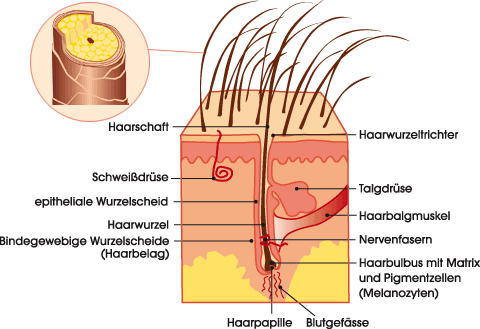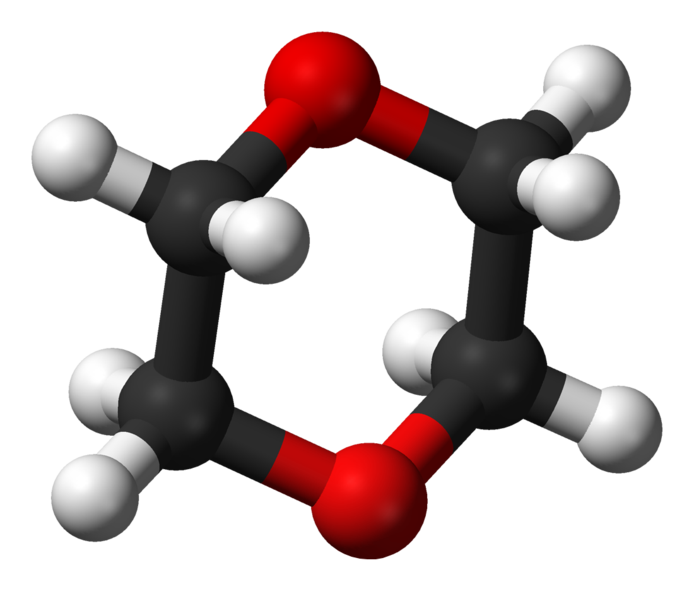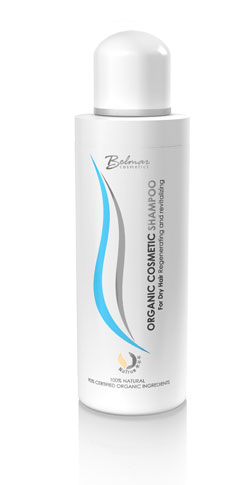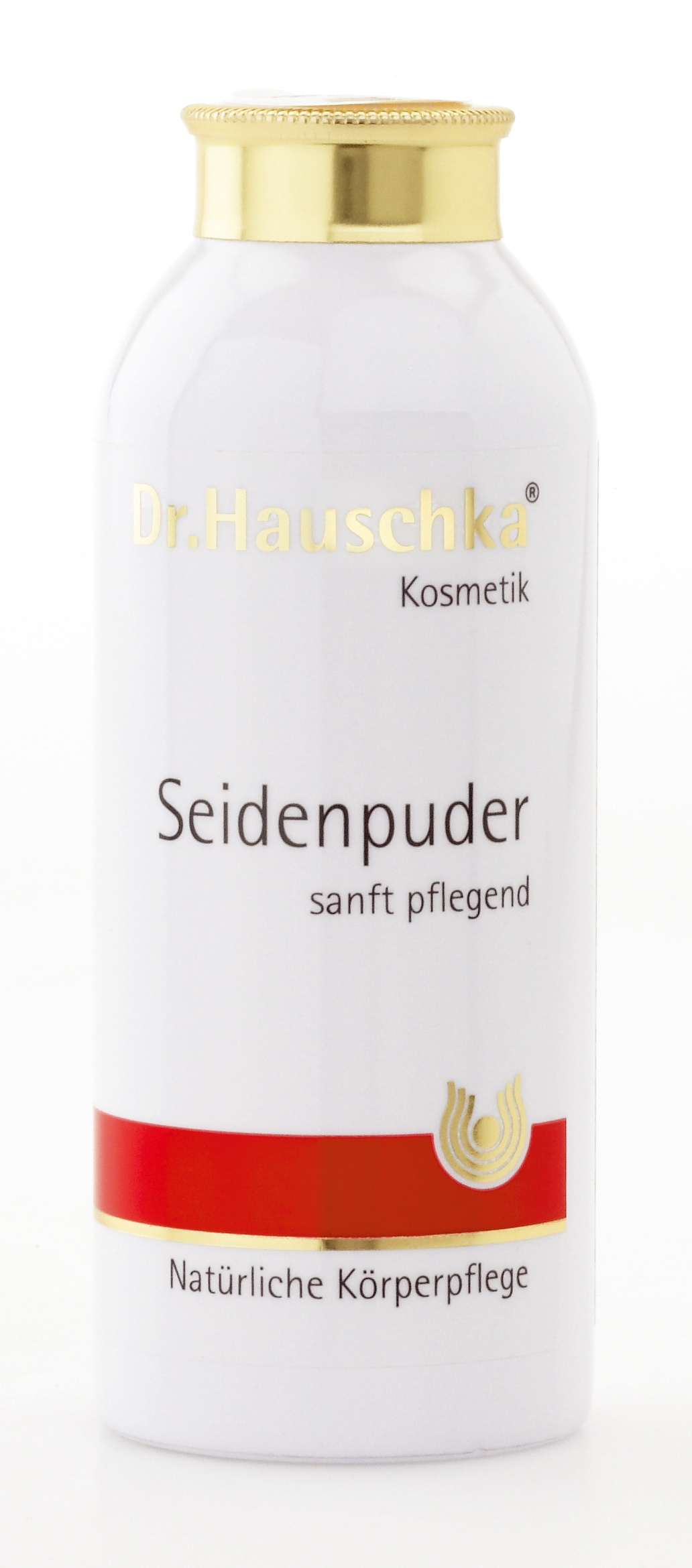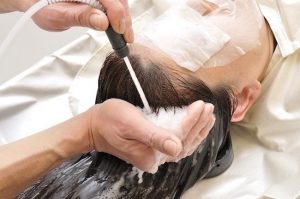
Jul
Hair is a woman's most beautiful adornment, as even the most advanced civilisations knew, and women cared for their scalp and hair with precious oils and tinctures to make their hair shine, grow thick and smell good. The desire for beautiful, full hair still exists, and we wash, care for and style our splendour almost every day. But what do you need to look out for when caring for your hair with natural products?
It all starts with the scalp. Alongside the mucous membranes, the scalp is the part of the body that absorbs the most of what it comes into contact with. Like the skin on the rest of our body, the scalp consists of three layers: the epidermis, the dermis and the subcutis (hypodermis).
The sebaceous glands produce sebum. Sebum is an oily substance that moisturises the hair and scalp (that's right, oil moisturises!) and makes the hair look strong and shiny. Sebum also protects the scalp from infections and is therefore not only important for our health, but also for keeping our hair looking healthy and shiny.
One of the disadvantages of conventional hair care products is that they dissolve the natural sebum (sebum) - which creates the squeaky-clean feeling that we have learnt to appreciate so much. The feeling of cleanliness is supported by the special effect of foaming. The fact is that a shampoo does not need to foam to cleanse the hair. And the sebum does not have to and should not be completely dissolved either. As the hair has no sebum left after washing with a conventional shampoo, you need a conditioner to make the hair shiny and smooth again. Unfortunately, however, the scalp is no longer protected by sebum and absorbs the ingredients of the conditioner even more readily. These include moisturisers, silicones, artificial fragrances, neurotoxins, carcinogens...
fklsa

gnka
What do you need to look out for?
In shampoos, you should make sure that they are free from silicones and surfactants. Surfactants can be recognised by their name and have now acquired the status of dreaded celebrities: SLS (sodium lauryl sulphate) and SLES (sodium laureth sulphate) are contained in almost all conventional shampoos and not only dry out your hair, but also harbour a major health risk: sulphates are highly irritating to the skin of the head and eyes and are therefore processed in such a way that this irritation is less noticeable. However, this produces a highly toxic by-product: the carcinogen 1.4 dioxane. This substance cannot be found in any list of ingredients, as it is only a by-product of SLS and SLES.
This is the chemical structure of 1.4 dioxane:
nsakg
Medical studies have shown that rats and mice given water laced with 1.4 dioxane to drink developed liver and nasal cancer. Long-term studies on the inhalation of 1.4 dioxane (we inhale this substance in the shower, for example) have shown that this also damages the kidneys.
As is so often the case, the conventional cosmetics industry argues that it is the quantity that counts and that a tiny amount or a certain percentage is not significant. However, we regularly wash our hair and shower once or twice a day, spend time in hairdressing salons and in many other places where we come into contact with 1.4 dioxane. We live in a modern age and cannot always prevent this. However, it does invalidate the conventional lobby's argument that the dose is too low.
Natural alternatives
Of course, there are now plenty of natural and organic alternatives. It's important for newcomers to know that natural shampoos work differently to conventional shampoos - and that's a good thing! However, it can take a while for the hair to get over the change.
Intelligent Nutrients Harmonic Shampoo is one of the absolute favourites among organic shampoos. It foams, reliably dissolves even styling products, smells of fresh mint and is so gentle that it can even be used to cleanse the face!
Side effects: Hair looks fresher for longer and gradually gains more volume.
faspk
A very special shampoo is the one from BelmarAll Belmar products are based on pure floral water and contain no water (which is often used as a filler). It is the purest shampoo we know (apart from pure honey - an insider tip!) and was also the first and so far the only one to be certified by the independent NaTrue seal with 3 stars for organic cosmetics!
And if your hair doesn't want to go Dr Hauschka's silk powder further. This powder made from rice and silk absorbs excess sebum, makes the hair manageable and wonderfully full-bodied. A helper, an insider tip and a real all-rounder!
photo credit: http://pinterest.com
